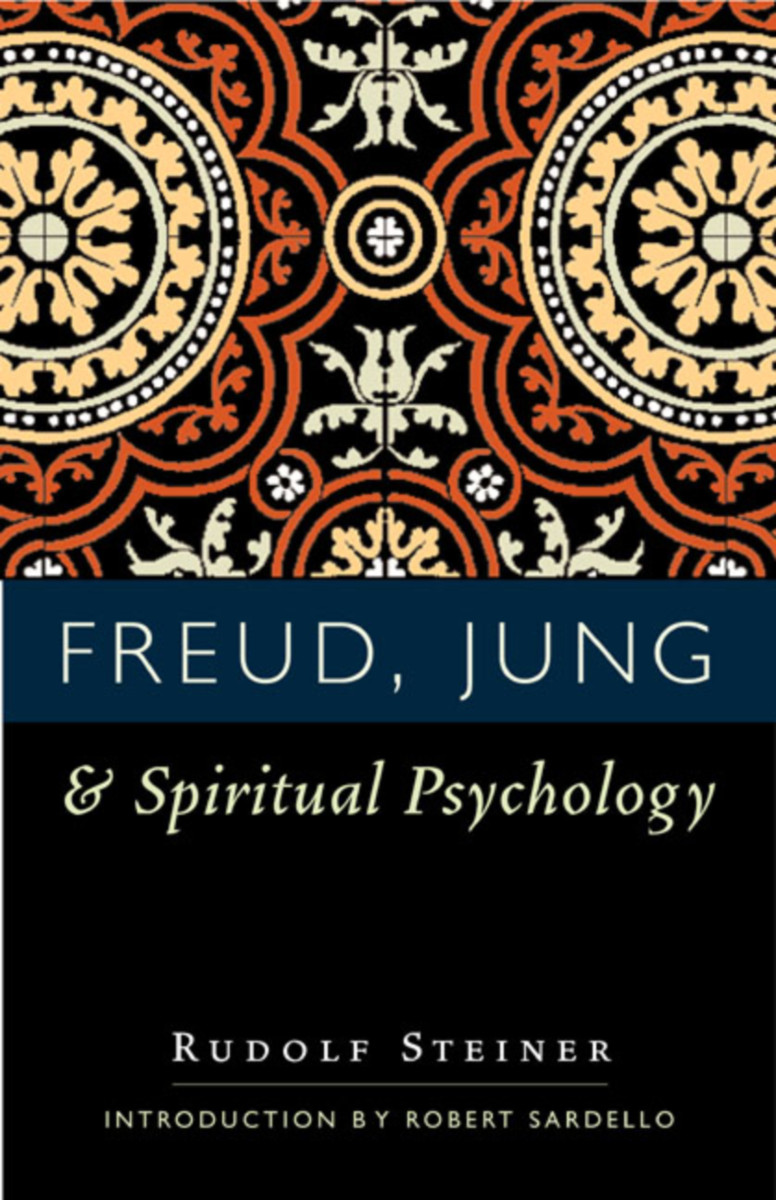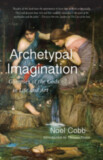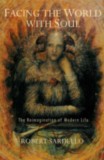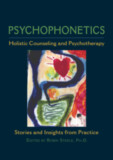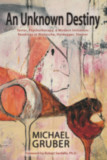Freud, Jung, and Spiritual Psychology
(CW 143, 178, 205)
- Publisher
SteinerBooks - Published
1st May 2001 - ISBN 9780880104920
- Language English
- Pages 144 pp.
- Size 5.5" x 8.5"
A collection of talks on Psychology (CW 143, 178, 205)
“These lectures on psychoanalysis and spiritual psychology, given at the very time when the ‘talking cure’ was in its beginnings, force us to confront the inadequate knowledge used in founding psychoanalysis and psychotherapy as a method of soul work.... A truly spiritual psychology leads to wisdom of the soul [and] not only takes us out of the limited domain of psychology as concerned with subjective states and into the broader culture, it also takes us into an understanding of the body as the necessary organ through which spiritual perception must find its orientation.” — Robert Sardello (from the introduction)
In these five talks, Rudolf Steiner laid out the foundations for a truly spiritual psychology. The first two lectures take a critical look at the principles of Freud and Jung’s early work. The last three lectures describe the threefold structure of human consciousness and then outline a psychological approach that considers both the soul’s hidden powers and the complex connections between psychological and organic, bodily processes.
Robert Sardello, codirector of The School of Spiritual Psychology, contributed an important and provocative introduction from the perspective of a practicing psychotherapist.
This is an important work for understanding Steiner’s views on psychoanalytic practices as they appeared in the first quarter of the twentieth century.
A previous edition of this book was titled Psychoanalysis & Spiritual Psychology.
C O N T E N T S:
Introduction by Robert J. Sardello
“Anthroposophy and Psychoanalysis,” part 1
“Anthroposophy and Psychoanalysis,” part 2
“Spiritual Psychology: Subconscious and Supraconscious”
“Hidden Depths of Soul”
“Organic Processes and Soul Life.”
Rudolf Steiner
Rudolf Steiner (b. Rudolf Joseph Lorenz Steiner, 1861–1925) was born in the small village of Kraljevec, Austro-Hungarian Empire (now in Croatia), where he grew up. As a young man, he lived in Weimar and Berlin, where he became a well-published scientific, literary, and philosophical scholar, known especially for his work with Goethe’s scientific writings. Steiner termed his spiritual philosophy anthroposophy, meaning “wisdom of the human being.” As an exceptionally developed seer, he based his work on direct knowledge and perception of spiritual dimensions. He initiated a modern, universal “spiritual science” that is accessible to anyone willing to exercise clear and unbiased thinking. From his spiritual investigations, Steiner provided suggestions for the renewal of numerous activities, including education (general and for special needs), agriculture, medicine, economics, architecture, science, philosophy, Christianity, and the arts. There are currently thousands of schools, clinics, farms, and initiatives in other fields that involve practical work based on the principles Steiner developed. His many published works feature his research into the spiritual nature of human beings, the evolution of the world and humanity, and methods for personal development. He wrote some thirty books and delivered more than six thousand lectures throughout much of Europe. In 1924, Steiner founded the General Anthroposophical Society, which today has branches around the world.


